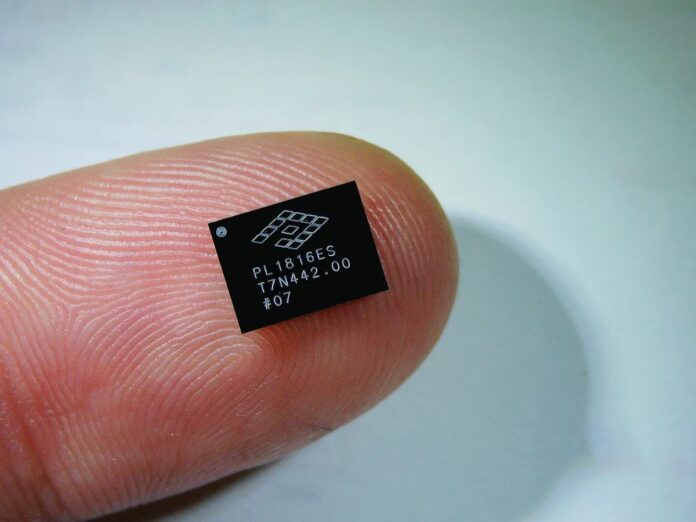The surging demand for artificial intelligence is straining global compute capacity, forcing semiconductor manufacturers to prioritize energy efficiency like never before. Against this backdrop, PowerLattice, a startup founded in 2023 by veterans from Qualcomm, NUVIA, and Intel, has emerged with a potentially groundbreaking solution: a chiplet designed to reduce power consumption by over 50%. On Monday, the company announced a $25 million Series A funding round led by Playground Global and Celesta Capital, bringing its total funding to $31 million.
The Problem: AI’s Thirst for Power
Large language models and other AI applications require massive data centers for training and inference, driving up energy demands exponentially. Reducing power consumption is no longer just about cost savings; it’s becoming a critical bottleneck for AI scalability.
PowerLattice’s Solution: A Tiny Chip with Big Impact
The startup’s core innovation is a compact power delivery chiplet that brings power closer to the processor, minimizing energy loss during transmission. This seemingly simple concept addresses a fundamental challenge in chip design: efficient power distribution. The technology has already reached a key milestone, with the first batch of chiplets now in production at TSMC, in partnership with an unnamed manufacturer currently testing its functionality.
Industry Validation: Pat Gelsinger’s Endorsement
The investment round is particularly noteworthy due to the participation of Pat Gelsinger, former CEO of Intel and now a general partner at Playground Global. Gelsinger’s backing carries significant weight in the semiconductor industry, signaling strong confidence in PowerLattice’s technology. He described the startup’s team as “the dream team of power delivery,” highlighting their deep expertise in the field.
Testing and Expansion: Targeting Major Chipmakers
PowerLattice plans to make its product available for testing by other customers in the first half of 2026. The company is targeting major players including Nvidia, Broadcom, AMD, and specialized AI chip developers such as Cerberus, Grok, d-Matrix, and NextSilicon. While many chip companies have internal efforts to improve energy efficiency, PowerLattice aims to offer a disruptive alternative.
Competition and Future Funding
PowerLattice will compete with other startups in the energy efficiency space, most notably Empower Semiconductor, which recently raised $140 million in a Series D round. However, Gelsinger is confident that PowerLattice’s 50% efficiency gain is “extraordinary” and will attract significant market share. He anticipates the company will soon raise a larger funding round to scale production.
The Takeaway: A Critical Solution for AI’s Future
PowerLattice’s technology addresses a growing pain point in the semiconductor industry. By delivering a substantial reduction in power consumption, the startup could become a key enabler for the next generation of AI systems. The backing of industry veteran Pat Gelsinger, coupled with early production milestones, positions PowerLattice as a serious contender in the race to optimize energy efficiency in chip design


























